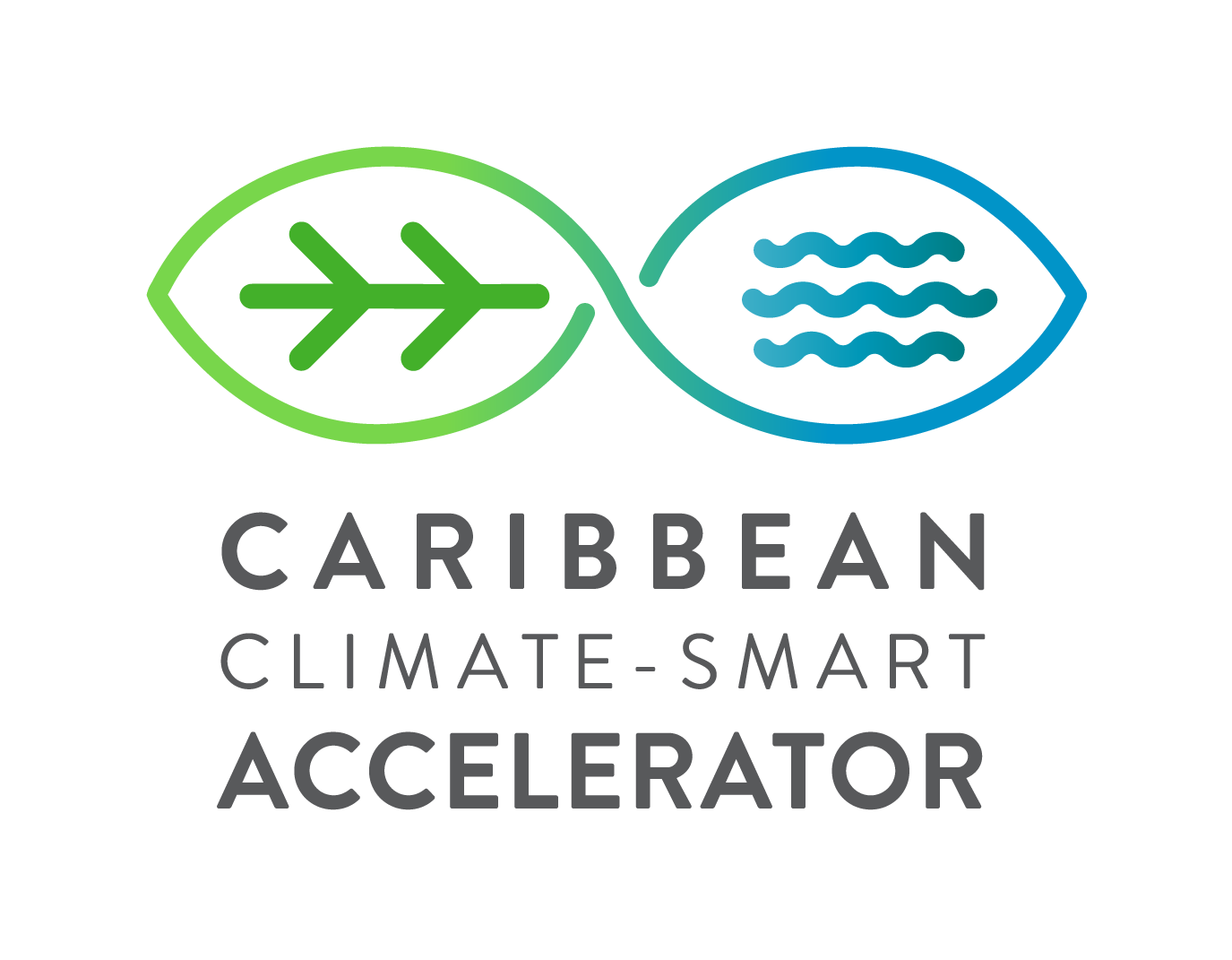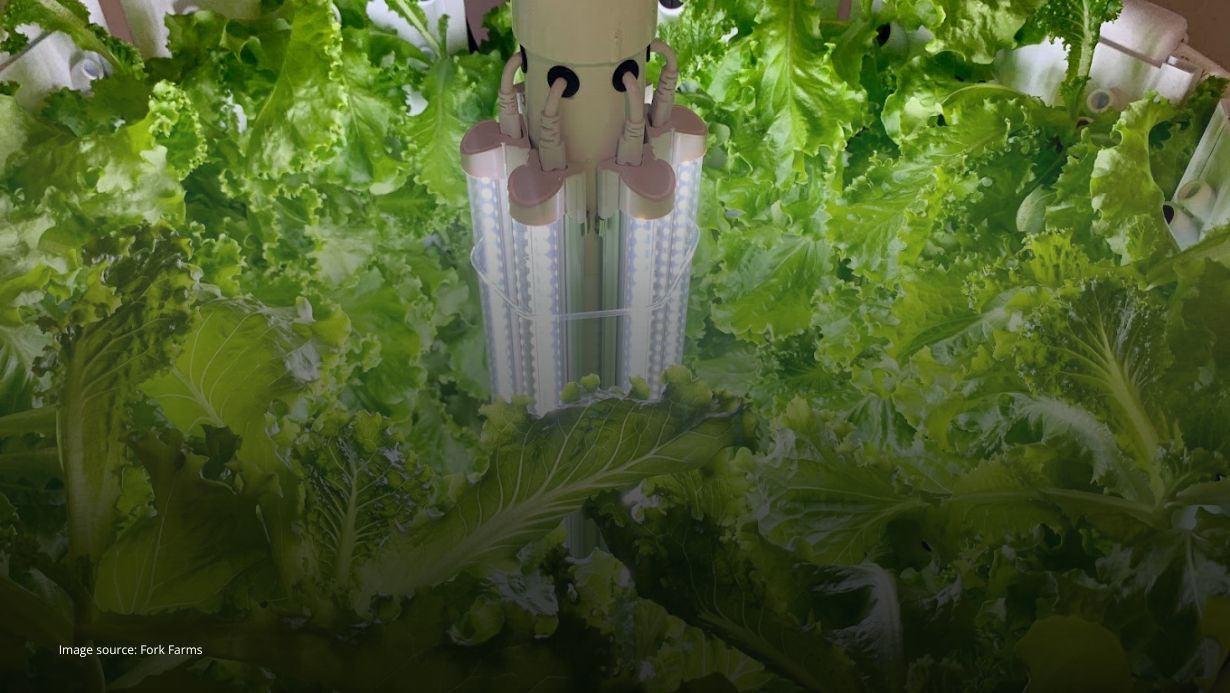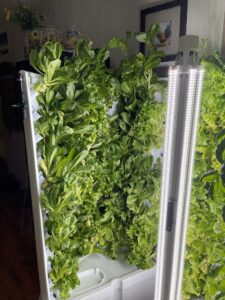Caribbean Climate-Smart Accelerator Launches Innovative Climate-Smart Agriculture Project in Anguilla, Barbados and the Cayman Islands
Flex Farms from Fork Farms will be used to Grow Fresh Greens Year-round, Promote Sustainability and Empower Vulnerable Communities
Bridgetown, September 27, 2023 – A new climate-smart agriculture pilot project has been launched to address food insecurity in the Caribbean. The Caribbean Climate-Smart Accelerator (CCSA) through funding from the Sony Music Global Social Justice Fund and the support of agriculture technology company Fork Farms has granted 12 vertical indoor hydroponics systems to the governments of Anguilla and the Cayman Islands and to the Walkers Institute for Regenerative Research, Education and Design (WIRRED) in Barbados.
The CCSA pilot includes five Flex Farms each for the governments of Anguilla and the Cayman Islands and two units for WIRRED. Beneficiaries in each country will receive support to operate the Flex Farms and will monitor production yields for a one-year period.
Racquel Moses, chief executive officer of the CCSA said, “The World Food Programme and Caribbean Livelihoods Survey – May 2023, shows that 52 percent of the population in the English-speaking Caribbean remains food insecure. Everyone should have access to fresh, nutritious, locally grown food, especially in the global South and for vulnerable groups like youth and women. This is a climate and social justice goal we hold in common with Fork Farms and the Sony Music Global Social Justice Fund.”
“We applaud these islands for their leadership and ongoing efforts to bolster food security and are delighted to support them with this initiative,” She continued.
The Flex Farms by Fork Farms support this initiative to provide fresh food year-round.
Describing the Flex Farms and their benefits Josh Mahlik, partnership development director of Fork Farms, said, “The Flex Farm is a mobile hydroponic farm that can grow lettuce, greens, herbs and a variety of other foods on-site, quickly, efficiently, affordably and all year long.”
One Flex Farm can grow 25 pounds of lettuce every 28 days. A Flex Farm requires only 9-square-feet of space and a standard electrical outlet for operation. Compared to traditional agriculture, the Flex Farm requires zero food miles to be travelled, provides 45 times more food production, and uses 98 percent less water and land.
In Anguilla, the Department of Natural Resources (DNaR) will issue units to public primary schools with feeding programmes. The Albena Lake Hodge Comprehensive School’s Pupil Referral Unit (PRU) for students with behavioural challenges and Work Shop Initiative in Secondary Education (WISE Programme) focused on hands-on learning will benefit, as will the Zenaida Haven Rehabilitation Centre for juvenile offenders.
In the Cayman Islands, Beacon Farms, a workspace for individuals recovering from drug and alcohol abuse will receive two units. Another three units will be placed in high schools in Grand Cayman and Cayman Brac where students will be exposed to agricultural training for the first time. The Department of Agriculture, the operational arm of the Ministry of Agriculture will provide project oversight and extension services as required. The Ministry will give support to ensure that the project is delivered to meet the established outcome and provide monthly progress reports.
In Anguilla, the Department of Natural Resources (DNaR) will issue units to public primary schools with feeding programmes. The Albena Lake Hodge Comprehensive School’s Pupil Referral Unit (PRU) for students with behavioural challenges and Work Shop Initiative in Secondary Education (WISE Programme) focused on hands-on learning will benefit, as will the Zenaida Haven Rehabilitation Centre for juvenile offenders.
In the Cayman Islands, Beacon Farms, a workspace for individuals recovering from drug and alcohol abuse will receive two units. Another three units will be placed in high schools in Grand Cayman and Cayman Brac where students will be exposed to agricultural training for the first time. The Department of Agriculture, the operational arm of the Ministry of Agriculture will provide project oversight and extension services as required. The Ministry will give support to ensure that the project is delivered to meet the established outcome and provide monthly progress reports.
Minister of Planning, Agriculture, Housing and Infrastructure in the Cayman Islands, Hon. Johany Ebanks noted, “The Ministry is elated that the Cayman Islands has been chosen to be one of the beneficiaries of this novel project in the region. It has come at a time when we are expanding and modernising our Agricultural Sector. The equipment received will augment this great work that has started as we continue to bolster the food and nutrition security efforts of the Cayman Islands.”
For WIRRED both units will be housed at Walkers Reserve, a 277-acre space that is the largest regeneration project of its kind in the region and model for climate adaptation and resilience. Training will be done with members of the Reserve’s team and community stakeholders, increasing their knowledge of and skill in regenerative agricultural techniques.
The CCSA plans to expand the project to other countries and has called on individuals, organisations, and stakeholders to join them in promoting food security, sustainability, and social inclusion in the Caribbean.







